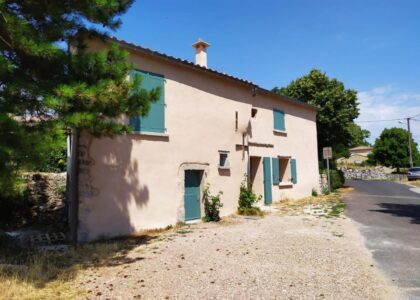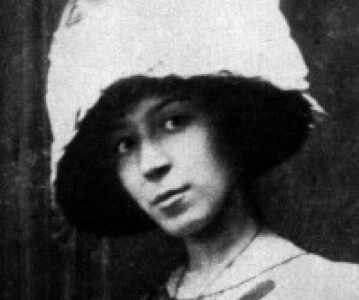Welcome to the Lincoln Park War Memorial, a significant landmark nestled in the history-rich city of Lincoln Park, Michigan. This area has a long and storied past, dating back to the 17th century when the first European explorers arrived. In 1669, Adrien Joliett ventured into this region by canoe from Quebec, marking the beginning of a new chapter in its history. Initially inhabited by the Potawatomi Nation, the land was abundant with natural resources, including lush forests, pristine waterways, and diverse wildlife.
The transformation of this area began in 1701 when Antoine de la Mothe Cadillac led an expedition from the East, establishing Fort Ponchartrain in nearby Detroit. Cadillac later granted ‘ribbon farms’ to French settlers, which laid the foundation for the agricultural development of the region. A pivotal moment came in 1776 when the Potawatomi deeded 4,000 acres to Pierre St. Cosme, encompassing what is now Lincoln Park.
This land changed hands and evolved over the years, with the arrival of German immigrants in the pre-Civil War era, contributing to the cultural tapestry of the community. By the early 1900s, Lincoln Park had developed into a bustling business hub, propelled by the industrial boom and Henry Ford’s revolutionary $5.00-a-day wage, attracting workers and fostering community growth.
Officially becoming a city in 1925, Lincoln Park embraced its role as a mature, stable community. The Lincoln Park War Memorial stands as a tribute to the city’s rich historical legacy, honoring those who served and sacrificed in various conflicts. It serves as a poignant reminder of the community’s resilience and enduring spirit.
Notable figures associated with Lincoln Park include Frank Rathbun, a key figure in documenting the region’s history, and the influential families of LeBlanc, Bondie, and others who played a crucial role in shaping the area’s development. As you explore the memorial, reflect on the stories of these pioneers and the vibrant tapestry of history they helped weave, from the indigenous tribes to the modern-day city.
Today, Lincoln Park is a testament to the evolving American narrative, where history is not just remembered but actively celebrated through community events, museum exhibitions, and educational initiatives.





